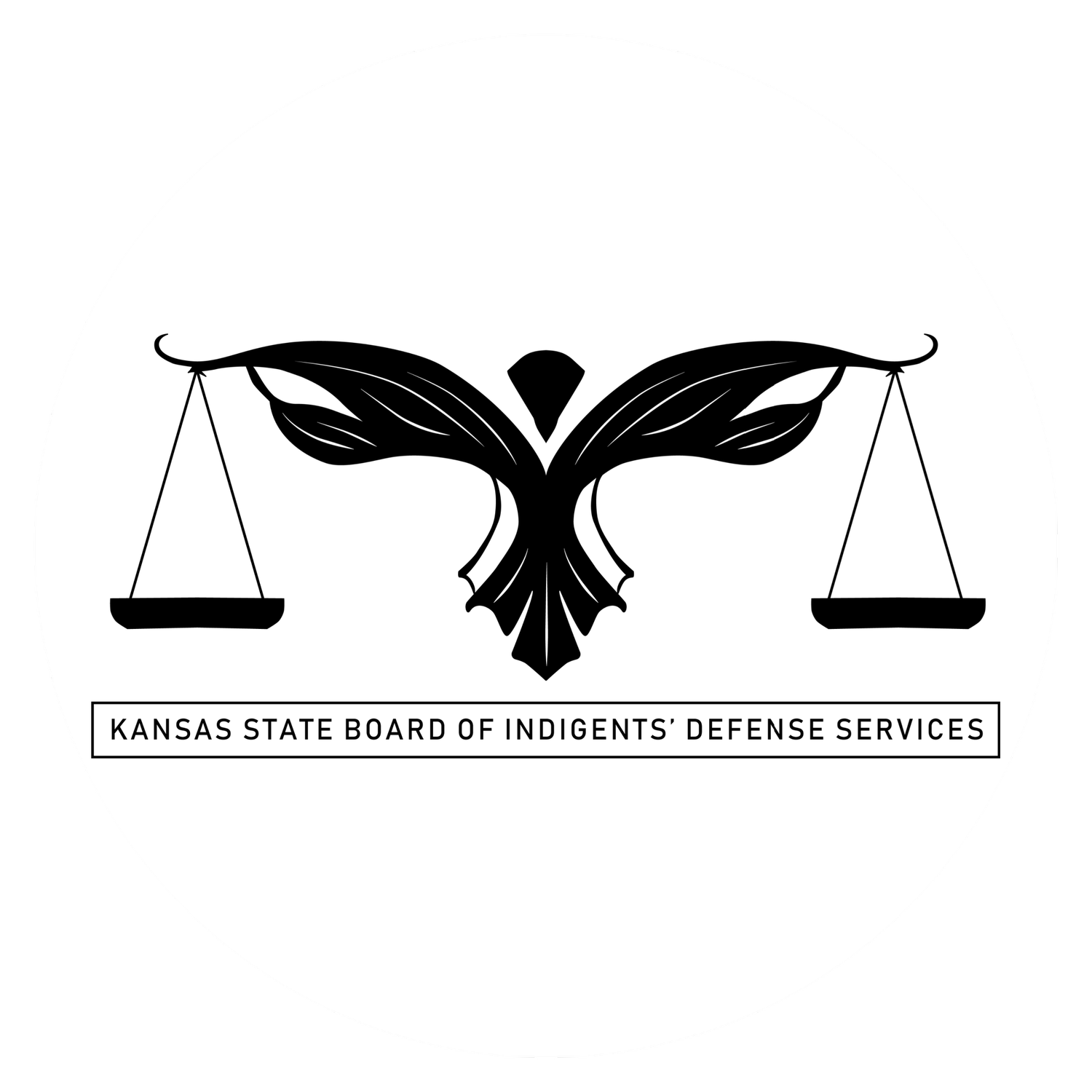Substantive Updates From the 2022 Legislative Session
by Corrine Gunning, Assistant Appellate Defender, & Jennifer Roth, Deputy Appellate Defender
Although the Legislature has not officially closed the 2021-22 session, we wanted to provide a brief update on some of the more significant legislative changes that occurred in criminal law this year. Once the session is officially closed, be on the lookout for an email from Jennifer Roth, KACDL Legislative Co-Chair and Deputy Appellate Defender, with a complete chart of what passed and what didn’t this session. Make sure you also save the date for the joint case law and legislative update CLE on July 15, 2022, at noon, to hear Jennifer discuss these changes in more depth.
HB 2607 – Habeas Corpus Motions
This bill amends time limitations for motions under K.S.A. 60-1507 to clarify timelines for K.S.A. 60-1507 motions that are filed from a prior K.S.A. 60-1507 motion. This clarifies that a person who files a post-conviction motion under this section may file a second motion challenging acts that occurred during the litigation of the initial post-conviction motion, i.e., allowing a 1507 to be filed from a 1507. The second motion must be filed within one year of the final decision on the first motion.
HB 2608 – Enforcement of Criminal Restitution
This bill aims to fix the problems with the criminal restitution statutes that the Kansas Supreme Court found unconstitutional under the Kansas Constitution in State v. Arnett, 314 Kan. 183 (2021) and State v. Robison, 314 Kan. 245 (2021). Since those cases were issued, no restitution orders should be sent to collections. However, with these amendments, it is likely collections on restitution will resume when the law becomes effective on July 1, 2022. A more detailed discussion of what these changes might mean was provided at the April 21st “All About Fines and Fees” CLE. Email Meryl (mcarver@sbids.org) if you need a copy of the materials or would like to watch the recordingThe bill also extends the time a search warrant must be executed from 96 to 240 hours, or from 4 to 10 days.
HB 2508 – Relating to Several Criminal Law Topics
Amending Definitions. Changes the definition of “possession” to only require “knowingly.” K.S.A. 21-5111.
Modifying Child Abuse. Creates new elements for child abuse and different levels of child abuse. Also elevates the severity level in certain circumstances. K.S.A. 21-5602
Preliminary Hearings. Codifies the allowance of parties to present virtual testimony at preliminary hearings.
Competency Evaluations. Expands the list of those who are qualified to conduct competency evaluations, and allows competency evaluations to be conducted virtually. For individuals found incompetent to stand trial, it allows courts to order continued evaluation and treatment in outpatient or inpatient facilities and clarifies this treatment is not to be conducted in jail without the consent of those in charge of the jail. Specifies that, as part of the PSI, a judge may order the client to the state security hospital for examination and evaluation, removing the ability to conduct the examination at a local mental health facility or private hospital.
SB 408 – Multiple Topics
Burglary. Expands the definition of burglary to include a “locked or secured portion” of a dwelling or structure that is not a dwelling, i.e., an office attached to a home.
Consolidating Supervision. Clarifies what procedures may be employed to transfer or consolidate supervision if a person is supervised by multiple agencies.
Criminal History Calculations. Clarifies the process for clients raising criminal history challenges for the first time on appeal. Specifies that a sentencing court retains jurisdiction to correct illegal sentences even when the case is on appeal.
HB 2377 – DUI
This bill makes several changes regarding the use of ignition interlock, DUI for commercial drivers, and operating an aircraft under the influence. It also makes other significant changes to DUI laws.
Plea Bargains. Clarifies that limits on plea bargains for DUI do not prohibit amendments or dismissal if the admissible evidence of the charge is insufficient to support a conviction.
Penalties. Makes all 3rd or subsequent DUIs a felony and increases felony DUI convictions from a non-grid to a level 6 nonperson felony. Makes minimum penalty for felony DUI 30 days, and specifies that this period is a condition of probation. Allows mandatory confinement to be served on work release or house arrest, and specifies that a person receives “hour-for-hour” credit for work release or house arrest for the first 240 hours and “day-for-day” credit beyond this time. Allows a district court to waive any portion of a DUI fine, except $250, if the person shows they successfully completed court-ordered education and treatment.
SB 366 – Offender Registration
This bill creates an exit mechanism for a person required to register as a drug offender after 5 years, subject to limited exceptions, and specifies the requirements for a petition to be discharged from the registry that will be in a form created by the judicial council. A person may also file a petition for expungement of the underlying conviction requiring registration if it is otherwise eligible.
HB 2299 – LEO Jurisdiction, Time for Executing Search Warrants
This bill allows law enforcement officers (LEOs) without statewide jurisdiction to act as LEOs where they might otherwise not have jurisdiction in circumstances where: (1) their assistance is requested by other LEOs with jurisdiction, (2) they are in fresh pursuit, (3) they are transporting a person in custody to a facility in a different jurisdiction, or (4) they are investigating crimes that occurred in their jurisdiction.

